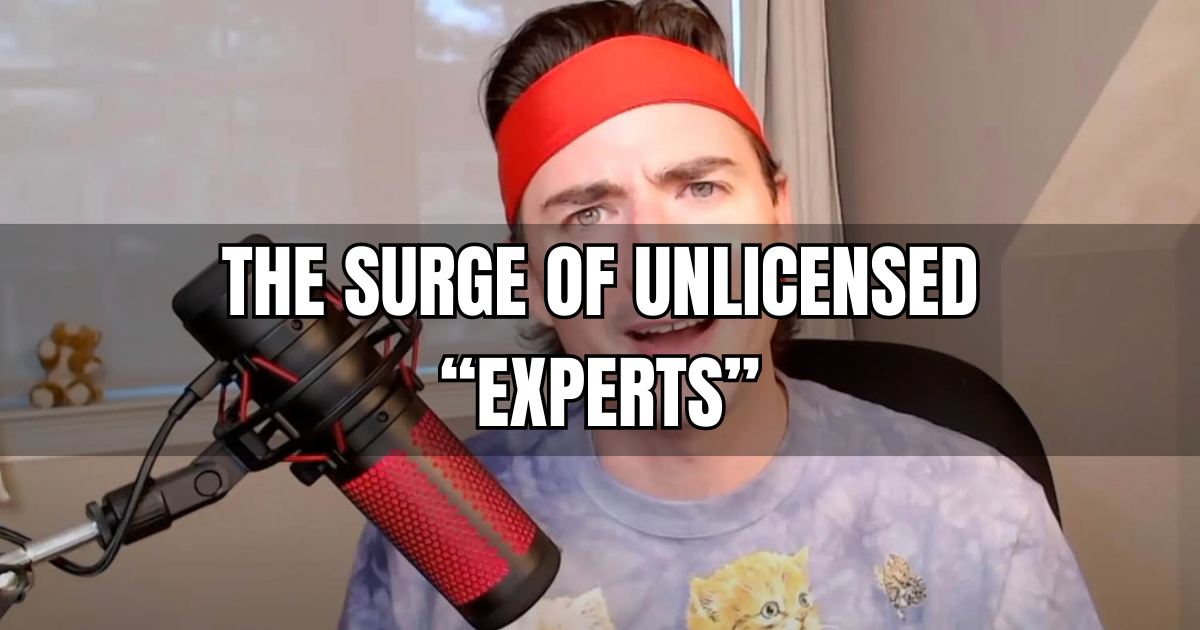Roaring Kitty, also known as Keith Gill, emerged as a significant influencer within the financial markets, particularly among retail investors. The main character of the 2023 movie, Dumb Money, Gill orchestrated substantial movements in stock prices, specifically Gamestop and AMC Theaters, and reshaped the behavior of individual investors. Through meticulously crafted content disseminated via YouTube, Reddit, and Twitter, Gill effectively elucidated his bullish thesis. Gill’s adept utilization of online platforms endeared him to a wide audience of retail investors, who eagerly followed his investment recommendations. His endorsement of specific stocks often triggered significant price fluctuations as his followers swiftly acted on his advice, amplifying the impact of his insights within the market.
After a 3 year hiatus/disappearance he returned Monday, and filled a void – someone to follow. In the first two days of his return Gamestop and AMC Theaters stock climbed over 200% and 100%, respectively, before pulling back sharply on Wednesday. The Roaring Kitty phenomenon epitomizes the democratization of investing, symbolizing the empowerment of individual investors in an arena historically dominated by institutional giants. His narrative not only underscores the potency of grassroots movements within the stock market but also ignites a broader conversation surrounding market integrity, regulatory oversight, and the evolving dynamics of investor engagement in the digital age.
There is a direct line from this story to the flood of unlicensed experts in sports betting.
Listening to someone named Roaring Kitty for stock advice is a buyer beware proposition, for the simple fact that he is not a licensed professional. A licensed professional would be bound by disclosures and regulations that arm consumers to make an informed decision. With an arms race for sports betting content that is both effective and influential, no such “buyer beware” proposition suffices. Anyone can be a sports betting expert. If it seems slightly off that anyone would listen to Roaring Kitty for stock advice, it should raise multiple red flags when Roaring Kitty tells you which team to bet on. But that is what is happening.
In a recent report the American Gaming Association points to sports betting advertising declining year over year. There are two reasons for this:
- With 38 states now adopting sports betting, a critical mass has been reached and market share has been established. At this juncture, strictly regulated advertising presents a diminishing marginal return.
- Publicly traded gaming companies are now asked every quarter about their profitability by Wall St. analysts on earnings calls, and advertising (because of point number 1 above) presents a simple cost cutting measure that flows revenue to the bottom line.
What has not decreased is the content or influencers in sports betting and for good reason. Robert Cialdini calls this “controlled responding” in his book Influence.
As the stimuli saturating our lives continue to grow more intricate and variable, we will have to depend increasingly on our shortcuts to handle them all… There is an unsettling tendency in our society to accept unthinkingly the statements and directions of individuals who appear to be authorities on a topic. That is, rather than thinking about an expert’s arguments and being convinced (or not), we frequently ignore the arguments and allow ourselves to be convinced just by the expert’s status as “expert.” This tendency to respond mechanically to one piece of information in a situation is what we have been calling automatic or click, run responding; the tendency to react on the basis of a thorough analysis of all of the information can be referred to as controlled responding.
In most state regulatory frameworks, the responsibility of the advertising, marketing, and content of any individual or platform associated with a sportsbook falls on the licensed sportsbook. But that presents two key missing elements.
- Who monitors this and how is it self reported?
- What about those individuals or platforms that are not contracted with a sportsbook?
Here is where trade associations, like Responsible Gambling Affiliate Association and Responsible Online Gaming Association, can be so powerful. Every state has a different set of regulations, so having the private sector adhere to standards that can cross state borders is massively impactful for bandwidth and cost. Creating and requiring adherence to these standards for members defines the population of licensed “experts” and subsequently the population of unlicensed “experts”. Whether they chose to or not, is a different discussion but identifying unlicensed “experts” is a requirement for regulatory oversight and most importantly recourse.
Insead School of Business in France has provided a criteria for what it means to be an influencer. Here are a few of those points:
- Expert power: people are conditioned to follow individuals they view as authority figures, believing them to possess reliable and accurate information.
- Pseudo-intimacy: influencers build personal connections with their audiences, almost bordering on a kind of “pseudo-intimacy”. With this perceived lack of distance, followers engaged more with the brands or products being endorsed.
- Trust through repeated exposure: from a psychological standpoint, the frequency of exposure has a direct impact on the loyalty towards an influencer..
- Overcoming information overload: when it comes to making a decision about buying a specific product, people often suffer from information overload during the research process. Acting as a “filter”, use of perceived authority, expertise and trustworthiness to streamline the information for followers.
- The “sheeple” effect: nearly all human beings are prone to acting in a similar, collective fashion. Influencer marketing plays directly into the innate human desire to belong and be part of a group. Influencers take advantage of this herd mentality. Much like animals in a herd, followers feel more secure making choices that align with popular opinion. A sizable audience serves as validation of an influencer’s expertise and trustworthiness, simply because so many others approved of what they are doing.
- The illusion of control: in contrast to the more subtle influence of traditional advertisements, people actively choose to subscribe to channels or follow influencers they are interested in. Unlike intrusive, irritating advertisements that pop up on websites and social networks, influencer promotions are not imposed but rather selected by consumers. This plays into another basic human characteristic: People prefer to be active rather than passive recipients and desire some base level of power and control. Followers believe they have control over the decision to follow certain influencers and the content they engage with.
Here is the critical difference between the Roaring Kitty of the stock market and the many “Roaring Kitties” of sports betting content. In the case of the stock market, Roaring Kitty was the voice of the retail investor, “fighting” against the established institutional investors – hedge funds. In the sports betting world, they are on the same team.

